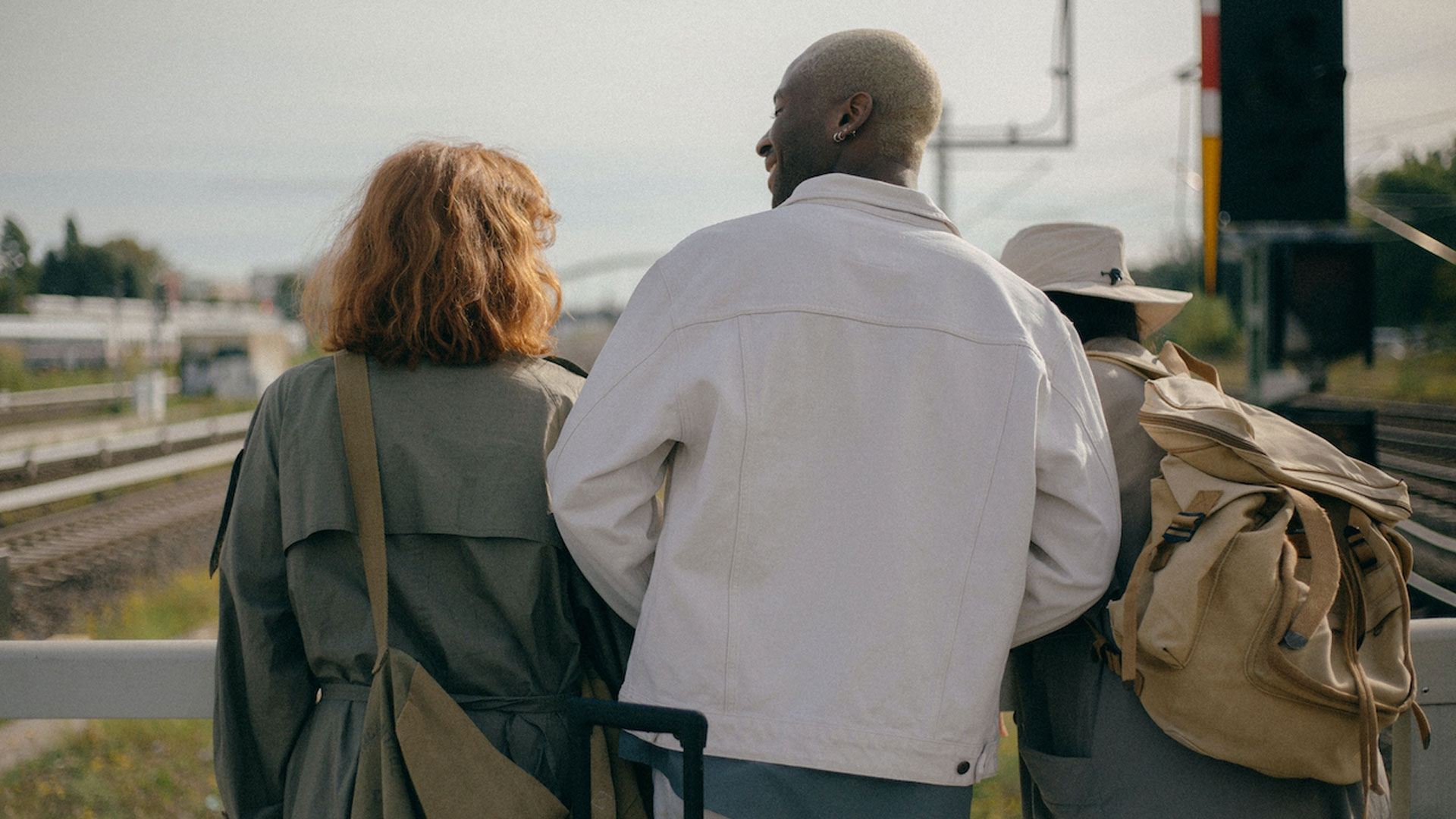
“We were all immigrants at one time, so it’s just a really good way to help people feel more welcome here,” says Barbie, a 22-year-old fresh college grad and Chicago transplant, who recently volunteered for a refugee mentoring program.“My initial inspiration was that in Chicago there’s a lot of refugees,” Barbie says, “and I was thinking I need to do something to make them feel more welcome.”Barbie signed up for the mentoring program thinking she’d be paired with a woman, probably her age in a similar life situation, as the program had been described. But since the end of November 2017, Barbie has been with Sadna, a refugee from Afghanistan who has resettled in the US with her husband and 10 kids.Refugee resettlement agencies are not specific to Chicago, so Grotto sat down with Barbie to hear about what she’s learned from her experience and how anyone can get involved by being a welcoming face for refugees.Here are five lessons and do-your-part motivations Barbie has picked up along the way:
1. Be ready to rise to meet the need, even with a new skillset.
As a volunteer and mentor, ‘helping’ might shape up to be something you’re completely unfamiliar with.Take Barbie, for example: “I was expecting [mentoring] to be more like the logistics of living in Chicago: ‘This is how you make a doctor’s appointment,’ or ‘This is how you take the bus,’ everyday things. I also just thought it was going to be hanging out and getting to know the person. But more how to navigate this lifestyle.”But, Barbie says, she realized pretty quickly that Sadna didn’t know much English when they first met.“The first time I went, someone from [the agency] came with me to introduce us, and at that point, we were on the phone with an interpreter, so I thought, ‘Okay, if this is already necessary, then she can’t really speak much English.’ And the woman from [the agency] said, ‘I can send you resources if you need. Just let me know if you need anything.’”Barbie earned her bachelor’s degree in nursing, so teaching English as a second language was not exactly in her toolbox.“I’m not a teacher, and I have zero idea how to do that. But that’s basically what it’s become.…I’ve used online resources so far, like worksheets, and I’ve just done very basic things, like introductions and words, vocab — but even if it wasn’t that I was teaching her English, we couldn’t do much else, so that’s where we have to start.”“I didn’t realize learning could be so hard, but also teaching English is incredibly hard. And it’s been interesting to see how much she goes through supporting 10 kids in a country where she is completely new, coming from not-a-good situation. It’s more inspiring to see.”
2. ‘Simple’ activities may be anything but that for a refugee.
Working side-by-side with Sadna through English lessons once a week, Barbie has gained a new appreciation for refugees and the resettlement process.Barbie realized that doing ‘everyday’ Chicago things might be anything but that for the members of this mentoring program: “Women in this program can’t necessarily leave their house,” says Barbie. “And even if they can, they don’t have the tools or necessary understanding of how the city works because they came from somewhere very different. And if they can’t speak English and don’t have a car…they have a billion different barriers to being able to do those ‘simple’ things.”“Not that I wasn’t already accepting of refugees populations,” says Barbie. “And I think we need to be even more so, but it’s definitely made me realize even more the importance of them being here for the benefit of our society — that’s the point of America — but how much of a struggle they’ve had too.”
3. Something to keep front-of-mind: refugees had a life before resettling.
It should go without saying, but refugees had a life before coming to the US, and their current circumstances quite possibly hinge on that past life.We shouldn’t pretend to understand what they’re going through, but we should keep this front of mind when we’re trying to help them in whatever capacity we’re needed.For example, Sadna has 10 children, all living with her and her husband in a two-bedroom apartment in Chicago.“Sadna’s not really able to leave and go to English classes,” Barbie explains. “So it’s not like she could just dip out and go. She has to be at home with the kids. She has to be cooking and taking care of the house. This was her only way of getting the opportunity to learn English.”“I appreciate the struggle even more than I used to,” says Barbie. “Just understanding that my own moving here has been hectic and a lot to get used to, but putting myself in their shoes I think would be so overwhelming.”And any language barrier aside, it’s quite possible that we’ll never truly understand their story. “As far as my teaching goes,” says Barbie, “I’ve taught her basic conversation, like ‘How are you?’ ‘I’m fine.’ But I don’t always know if she understands it. Because if I was to really ask her how she was, I think she might say something completely different.”
4. Even with a language barrier, as human beings we can connect on other levels.
On the most basic level, we all have the capacity to love and be loved. Regardless of the ability to verbally communicate in the same language, those bridges of love and friendship can be built through other interactions.When Barbie first began teaching Sadna English, “her son said, ‘My mom said that she wishes she could tell you her life’s story and she could hear yours.’ It was really sweet, because we can laugh and say random things, but neither of us really understands anything.”“But we still have fun,” says Barbie. “Even though we can’t verbally communicate, we’ll still laugh or say something funny or point at things, kind of find other ways to hang out, which is what you have to do when you can’t speak to each other.”
5. It’s not just personally rewarding to help.
“It’s definitely rewarding, but we were all immigrants at one time, so it’s just a really good way to make people feel more welcome here. It’s super challenging, but I feel like if this would happen to me, it would be really nice to have someone do that.”“A few weeks ago, I ended up staying for a couple hours because she motioned that she was making food and tea, so it’s rewarding in that it’s not only a personal reward, but she’s actually become my friend, as well. It’s not just that I’m helping her, but that I like to go hang out with her. It’s more of a friendship.”Barbie has found real purpose in the mentoring program she’s become a part of in Chicago. But this type of program isn’t specific to Chicago. As Catholics, and fellow human beings, we should join the effort to help refugees feel more welcome and integrated within our communities.












.jpg)





